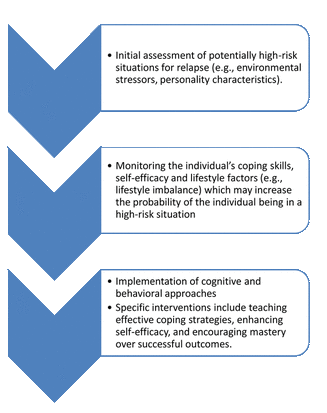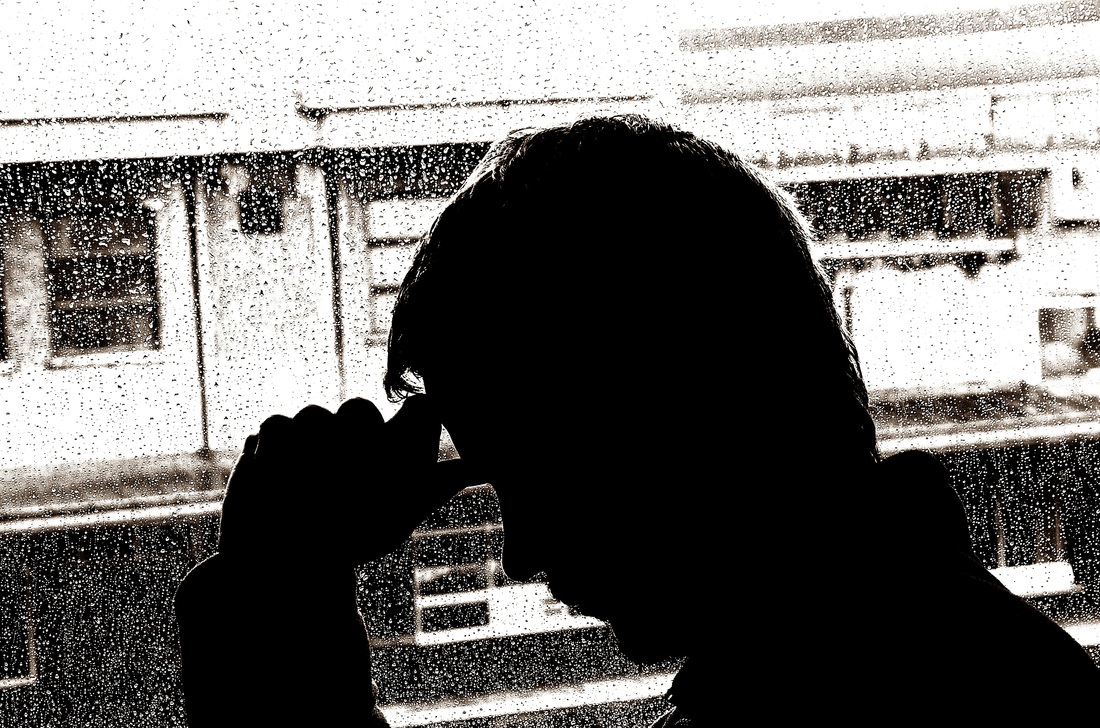Sobriety Maintenance & Relapse Prevention Programs
|
Relapse is the central obstacle to recovery. The chronic nature of addiction means that relapsing to alcohol or drug abuse is not only possible, but likely, similar to what happens with other chronic medical illnesses—such as diabetes, hypertension, and asthma—that have both physical and behavioral components. And like these illnesses, addiction also requires continual evaluation and treatment modification if necessary.
Contrary to popular belief, relapse does not mean that a person did not want sobriety badly enough or did not work hard enough to go into recovery. It means that many brain changes caused by drugs last long after the drugs are stopped, and that genetic predispositions can be difficult to overcome. It is particularly common in the first year of recovery. Relapse does not mean treatment failure but a need to re-instate or adjust treatment strategy. It is not about "will power". |
Studies of life-long patterns of recovery and relapse indicate that not all patients relapse. Approximately one third achieve permanent abstinence from their first serious attempt at recovery. Another third have a period of brief relapse episodes but eventually achieve long-term abstinence. An additional one third have chronic relapses that result in eventual death from chemical addiction.
|
A sobriety maintenance program at SAMROHA can help you to identify and explain the common mistakes and weaknesses in sobriety maintenance that allow the addiction to assert itself and cause relapse. Treatment approaches
based on the Cognitive Behavioral Model of Relapse Prevention work like this:

The therapist and the client work together in the development of “relapse road maps,” analyses of possible outcomes that may be associated with different choices in high-risk situations. Mapping out possible scenarios can help prepare clients for navigating situations
and utilizing the appropriate coping responses.
Instead of blame or shame, our Relapse Prevention and Sobriety Maintenance Programs are implemented with the goal of guiding more and more relapsing persons back into treatment with a clearer understanding that long‐term support activities and monitoring are required for successful recovery.


